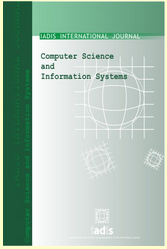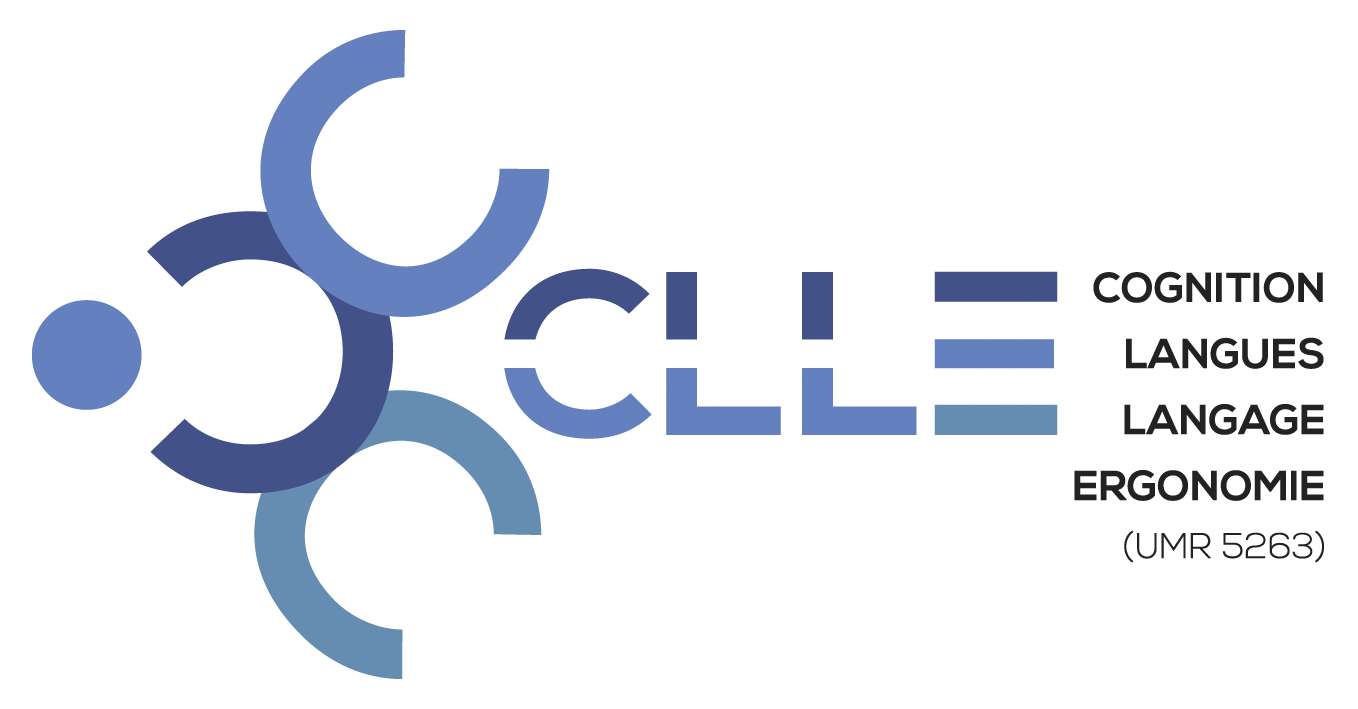-
Partager cette page
How self-efficacy evolution combined with help seeking choices impacts on learning performance on a mobile learning application
Publié le 21 juin 2024 – Mis à jour le 25 novembre 2024
Jean-Christophe Sakdavong (CLLE), Pierre Puigpinos, Nicolas Loiseau and Adrien Bruni

This paper explores the concept of self-efficacy and its impact on help seeking and individual performance on a mobile learning application. Self-efficacy refers to one's belief in their ability to achieve their goals and is a key factor in everyday life. Help-seeking while learning is an important part of the learning. This article will focus on the typology differentiating choosing instrumental help or executive help. As to investigate the relationship between self-efficacy, help-seeking type and performance, we conducted an experiment with 104 participants, which consisted of two parts. First, we evaluated their self-efficacy levels using a survey designed to assess their perceived self-efficacy levels before and after their learning. Second, we asked participants to learn to pilot a drone in a virtual environment providing instrumental and executive helps that they can choose. Our findings demonstrate that if self-efficacy increases, the individual learning performance will also increase. We also confirmed that the use of instrumental helps has a positive influence on the learning performance, and that the use of executive help has the opposite effect. KEYWORDS Self-Efficacy, Learning Performance, Help-Seeking, Instrumental/Executive Help, CBLE, Mobile Learning
Lien vers l'article : http://www.iadisportal.org/ijcsis/papers/2024190109.pdf





